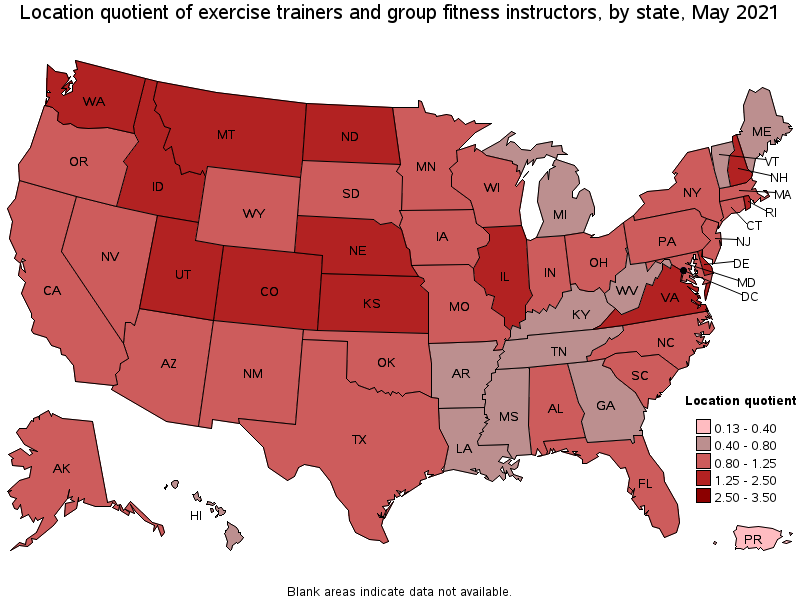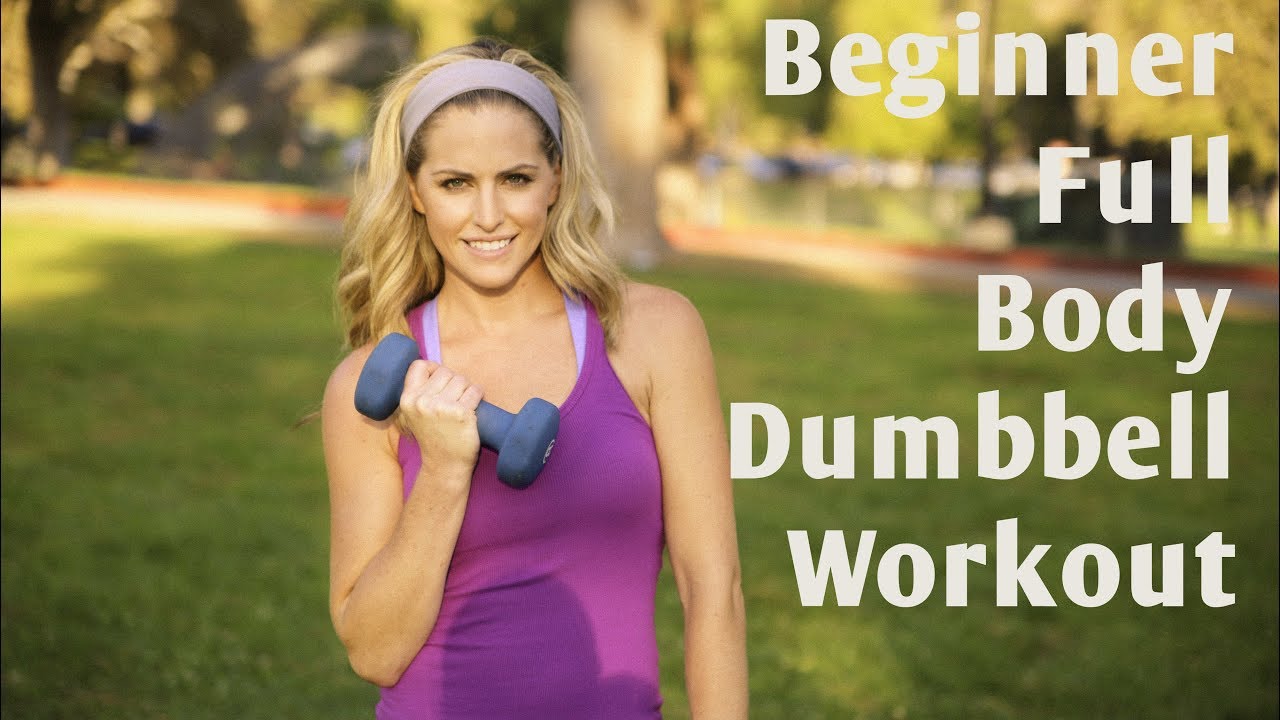
There are many exercises that you could do at home if your self-consciousness makes it difficult to go to the gym. These include push-ups as well as Swiss ball leg rollouts, Lat pulldowns, Kettlebell workouts, and Swiss ball legs rollouts. These exercises can be simple, but they can improve your strength and stamina.
Push-ups
Push-ups provide a great workout for your back and arms. Push-ups can also be performed on your knees. You can modify your push-up to make it easier for your arms, if you're unable to do a full push up.
Swiss ball leg rollout
It is easy to do a Swiss ball rollout on your legs. Similar to a high knees crunch this exercise targets the abdominal muscles, and the obliques. This is a great warm up exercise. You can perform this exercise with a bent knee or with a straight leg.

Lat pulldowns
The lat pulldown, which is a great exercise for strengthening your lats, is one of my favorite exercises. It uses a cable machine and provides a great way to work your lats. You can adjust the bar attachments or your grip to personalize the exercise. Use a pronated grip. Next, slowly lower the bar while keeping your arms straight. Slowly bring it back up.
Kettlebell exercise
Kettlebells are a great option for anyone looking to do a quick workout. The kettlebell can be used in various exercises that will get your muscles moving in a variety of ways. You can use it to improve balance and posture. Kettlebells are also useful in other sports such as football.
Bodyweight exercises
Bodyweight exercises are an excellent way to get a complete workout. They are great for increasing heart rate and toning your muscles, whether you're at home or in the gym. A bodyweight exercise program can last from 20 to 30 mins. The majority of the exercises will be done in several sets. Take five minutes to stretch your body after each set. Be sure to hydrate and eat healthy meals during your workouts. You should also stop exercising if you feel any pain or discomfort. This can prevent injury.
Cardio
Cardio is an important exercise to improve heart health. It raises your heart rate and works your respiratory system, which in turn helps you breathe faster and deeper. This helps your muscles receive more oxygen and releases endorphins.

Start at the lowest end of the weight spectrum
If you are just starting weightlifting, it is a good idea to start at the bottom of the scale and work your ways up. You should gradually increase your weight, so you can do one repetition while still maintaining good form. Every week, you should increase your weight until you reach your maximum.
FAQ
What Are Resistance Training Exercises?
Resistance training includes using weights and other objects to perform specific movements. Lifting weights, for example, can help strengthen your arms and shoulders, chest, backs, legs, core, and core. Resistance training helps build muscle mass and bone density. It also promotes overall strength.
Exercise can I help me lose weight
Yes. Regular exercise can help you shed extra calories and lose weight. You can also increase your metabolism, which means you will continue to burn calories even if you don't exercise.
What happens to me if I don’t sleep enough?
Your brain won't receive enough sleep if it doesn't get the signals it needs to regulate hormones, chemicals that regulate appetite and metabolism. As a result, your body may become more hungry and can gain weight. Lack of sleep also increases stress levels, which can lead to overeating.
How does caffeine impact my sleep?
Caffeine affects how long it takes you to fall asleep and how soundly you sleep. Caffeine can cause drowsiness that makes falling asleep much easier. Caffeine keeps you awake for longer periods of time, making it difficult to fall asleep again. Drinking coffee or energy drinks before bedtime is a bad idea.
Do I need warmth before I exercise?
Warming up before an activity reduces muscle soreness and improves performance. There are many methods you can use to warm up, including running, jumping rope and stretching. Begin slowly, and then increase the intensity.
What is the importance of good nutrition?
Good nutrition is vital for our health. A healthy diet includes fruits, vegetables, whole grains, lean protein, and dairy. Eating nutritious foods helps us stay fit and active, which leads to better overall health.
How many hours sleep should I get each night?
The recommended sleep amount varies based on age, gender, individual needs, and other factors. Adults require 7 to 9 hours sleep per night. Children and teens typically need between 7 and 9 hours of sleep each night. However, this number drops as they get older.
Statistics
- One study showed that adults who watch more than 4 hours of television daily had an 80% higher risk of death from cardiovascular disease. (heart.org)
- According to the Centers for Disease Control and Prevention, chronic diseases cause 7 out of 10 deaths in the U.S., and treating chronic diseases accounts for 86% of U.S. healthcare costs. (mana.md)
- Globally, 81% of adolescents aged 11-17 years were insufficiently physically active in 2016. (who.int)
- In high-income countries, 26% of men and 35% of women were insufficiently physically active, as compared to 12% of men and 24% of women in low-income countries. (who.int)
External Links
How To
How to Burn Belly Fats Faster
When trying to lose weight, belly fat is often viewed as a problem. But if you think about it, Belly Fat is actually a good thing. It's the amount of fat stored around your stomach that protects your organs from getting damaged. Let's now see how to quickly lose belly fat.
Lack of exercise and stress are the main reasons we store body fat. Cortisol hormone is stimulated by stress, which causes us to feel constantly hungry. Cortisol is responsible for an increase in insulin levels. The insulin then stores extra calories as fat. Insufficient sleep can lead to an increase in appetite and adrenaline release. These extra calories are broken down through exercise.
There are many options to reduce belly weight. You can try any one of them depending upon your budget. These are some great tips to help you lose belly fat fast.
-
Eat less food. Don't eat three large meals at once. This way, you'll consume fewer calories overall.
-
Drink plenty of fluids. Water flushes out toxins, and keeps your body hydrated. Water before each meal can help you feel fuller longer and reduce your appetite so that you don't overeat.
-
Avoid unhealthy snacks. If you're looking for quick fixes, snack foods like chips, cookies, candies, etc. It might sound tempting. But avoid these fattening treats as they contain lots of empty calories and too much sugar. Choose healthy alternatives like fruits and vegetables, nuts, seeds, whole grains, and seeds.
-
Strength training should be performed at least 3 times per week. Strength training helps build muscle mass, which means that you can burn more calories even when you are resting. Strength training strengthens bones, muscles and ligaments. It can also improve the heart, lungs, joints, and other body systems.
-
Stretching and walking are good habits. Stretching can improve flexibility, mobility, and reduce back pain. Walking is great for burning calories, especially brisk walking for 30 minutes.
-
Reduce alcohol intake. Your diet is empty of calories, and alcohol has no nutritional content.
-
Slowly lose weight. Your current weight is the first step to losing weight. Then, add 5% to 10% to your body weight to get your ideal weight. Once you have reached your target weight, begin decreasing your daily calories intake by 500-1 000 calories until you reach your goal.
-
Avoid processed foods. These foods have high amounts of salt, sugar, and preservatives. Although they are convenient, processed foods don't have enough nutrients to sustain your health.
-
Don't skip breakfast! Breakfast is good for your concentration, memory, and energy. Protein (like eggs), fiber and complex carbohydrates (like oatmeal) should be included in breakfast.
-
Have regular bowel movements. Constipation and irregularity cause bloating and gas. Drink plenty of water to prevent gas and fiber ingestion.